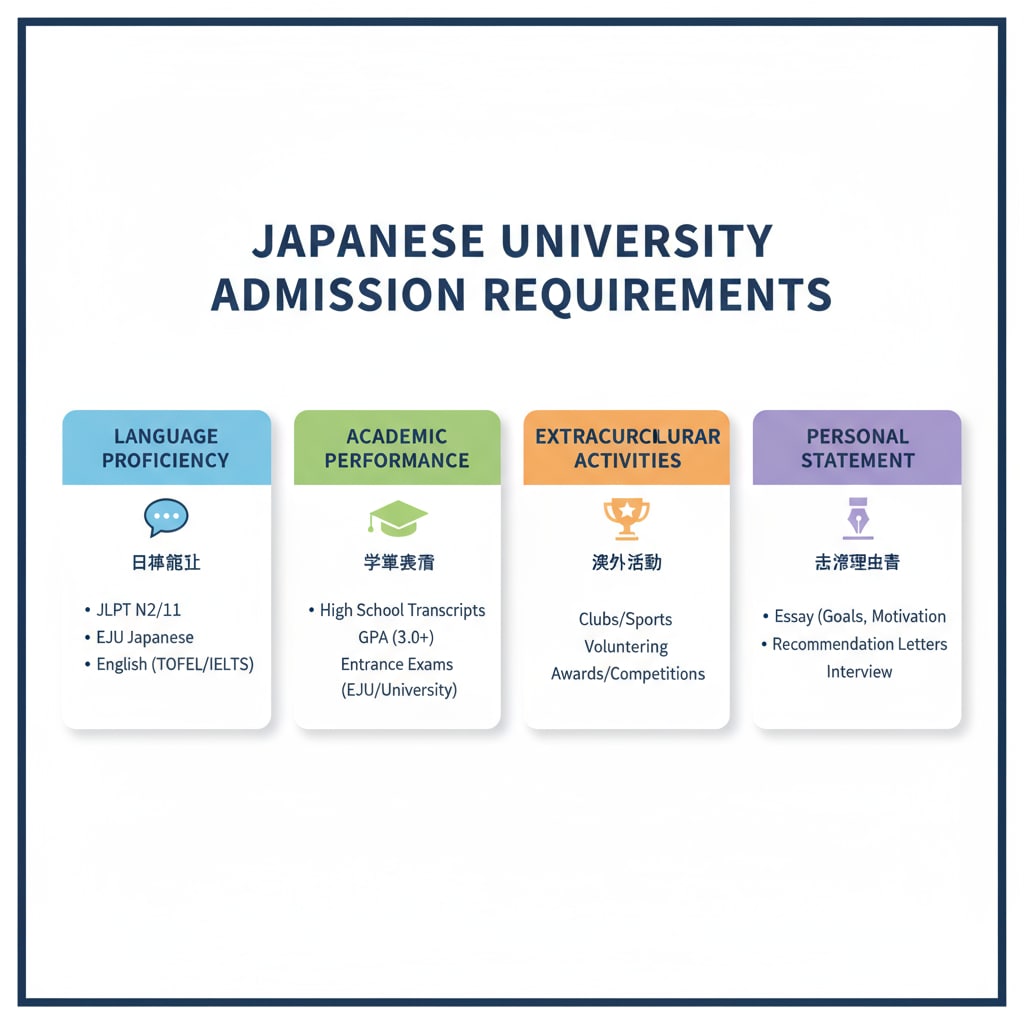For students considering Japanese study abroad, the question of whether A-levels, especially BTEC qualifications, can meet the admission requirements of Japanese universities looms large. The educational systems of the UK and Japan have distinct characteristics, and understanding how BTEC qualifications fit into the Japanese higher education landscape is crucial.

Understanding BTEC Qualifications
BTEC (Business and Technology Education Council) qualifications are vocational in nature. They are designed to provide students with practical skills and knowledge relevant to specific industries. BTEC Level 3, in particular, is equivalent to A-levels in the UK education system. However, compared to traditional academic A-levels, BTEC courses often have a more hands-on approach. For example, a BTEC Level 3 in engineering might involve more practical projects and industry placements than a standard A-level engineering course. This practical focus can be both an advantage and a challenge when applying to Japanese universities. BTEC on Wikipedia
Japanese University Admission Requirements
Japanese universities typically have a multi-faceted admission process. Academic performance is a major factor, but they also consider other aspects such as language proficiency, extracurricular activities, and personal statements. For international students, meeting the language requirements, usually in Japanese or English, is essential. In terms of academic qualifications, Japanese universities generally look for a strong foundation in core subjects like mathematics, science, and languages. While they are familiar with international qualifications like A-levels, the recognition of BTEC qualifications can vary from institution to institution. Education in Japan on Britannica

Challenges for BTEC Holders
One of the main challenges for students with BTEC qualifications is the perception of vocational courses in the Japanese academic context. Some Japanese universities may be more accustomed to traditional academic A-levels and might view BTEC qualifications as less academic. Additionally, the assessment methods in BTEC courses, which often include coursework and practical assessments, may not align perfectly with the more exam-oriented approach in Japanese universities. This can make it difficult for BTEC students to demonstrate their academic capabilities in the way Japanese admissions officers expect.
Solutions and Alternative Paths
However, there are solutions. Firstly, students can consider taking additional standardized tests such as the SAT or ACT to supplement their BTEC qualifications. These tests are widely recognized by Japanese universities and can help showcase academic skills. Secondly, students can write a compelling personal statement highlighting their practical skills gained through BTEC and how they can contribute to the Japanese academic environment. Another alternative path is to enroll in a preparatory program in Japan. These programs are designed to help international students adapt to the Japanese education system and meet the admission requirements. For example, some preparatory programs offer intensive language courses as well as academic bridging courses to fill any gaps in knowledge.
Readability guidance: By breaking down the complex topic into smaller sections, we can better understand the issues related to BTEC qualifications and Japanese university admissions. Each section focuses on a key aspect, such as understanding BTEC, admission requirements, challenges, and solutions. Using transition words like “however” and “firstly” helps to make the flow of the article smooth and easy to follow.


